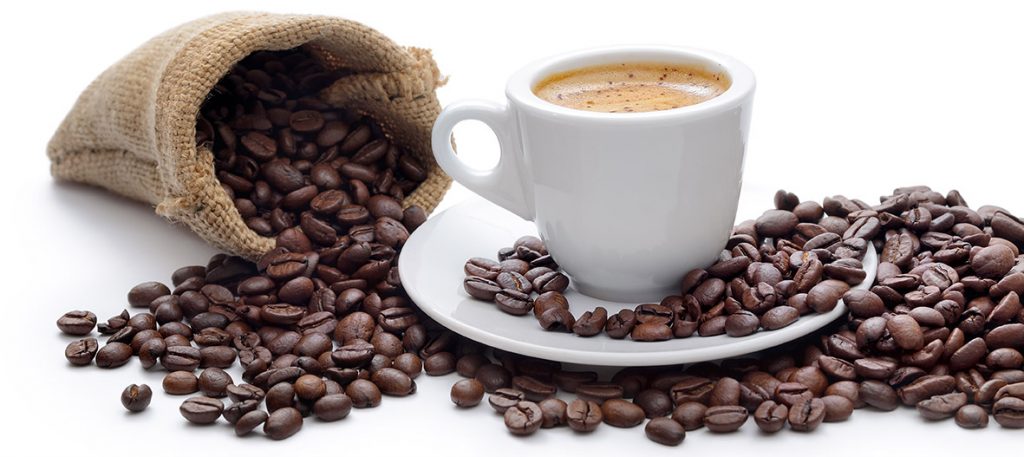In today’s world of big brands, craft beer, and micro-whiskeys, small batch products are trending. Small batch coffees are more flavorful, tend to be less acidic and better express the flavours of their origin.
Unique flavour profiles result from various growing conditions that cannot be replicated on a large scale. Because of this, you can expect a more dynamic taste with every sip of small batch coffee.
Even if you prefer flavoured beans or want your daily cup without any frills, small batch roasts have some benefits that will make your next cuppa even better.
Small Batch Coffee is Generally of Higher Quality
There is no doubt that large-scale coffee production is a complex process, but there is also room for error. Smaller companies with a smaller production capacity spend more time sourcing beans, testing roasts, and tasting their product. They have a better chance of controlling every step of the process, producing a higher-quality product, and producing a great cup of coffee. While large roasters can invest in quality control, they may not have the same incentive to do so when producing millions of pounds of coffee at once. Smaller roasters are also more likely to pay attention to details such as growing conditions and processing methods. Coffee that is ethically sourced, shade-grown, and responsibly processed will taste better.
Small Batch Coffee has Aromatic Diversity
Generally, small batch coffee has a more aromatic profile. Many of these producers use higher-quality coffee beans and employ a more hands-on roasting process that gives their coffee a more distinctive smell. With a lower volume of coffee being roasted at once, the coffee beans are given more room in the roasting chamber. This increases the coffee’s exposure to heat and allows it to better release the flavours that make it special. These aromatic coffee beans are then brewed with a more hands-on approach. Small batch coffee is often brewed with a pour-over or in a manual or automatic French press. These coffee brewing methods allow the coffee to be more hands-on, letting the coffee’s aromas come out more fully.
Small Batch Coffees Are Roasted Fresh
When coffee is roasted, it loses its freshness. Coffee will start to lose its freshness when it’s roasted and begins to release CO2. All coffee will lose its freshness over time, but large batch roasters need to sell coffee as quickly as possible. If you’ve ever bought a bag of coffee and found that it tastes stale despite being ground, you’ve experienced the effects of large-scale coffee production. Small roasters will roast coffee in much smaller batches, often only enough for a single day. They will also try to steer clear of any coffee sitting on the shelf for more than a couple of weeks. This means that a bag of coffee that was roasted on a Monday will probably be on your table by Friday.

Small Batch Coffees Tend to Be Darker and Smoother
All coffee is roasted until it reaches a certain level of darkness, but the amount of roasting determines how aromatic your coffee will be and how bitter it will be. In general, small batch coffee is roasted longer, giving it a darker colour and a smoother taste. Many micro-roasters take the coffee even darker than the level of darkness that is typically recommended for a bold cup of coffee. These darker roasts create a richer flavour profile and often a smoother drinking experience. Darker roasts also bring out more of the coffee’s natural sweetness and are often recommended for people who don’t like their coffee very strong. If you still want to drink coffee but can’t handle the caffeine you can always try a decaf which still has a lot of benefits according to sipcoffeehouse.com
Small Batch Coffee Tastes Great, Just as It’s Supposed To
With the natural flavours of a coffee being more easily expressed, it’s easier to taste the coffee as it was supposed to be. For example, Ethiopian coffee tends to be fruity and floral while coffee from Brazil can taste like chocolate or citrus. By selecting specific beans and paying attention to the roasting process, small batch roasters can easily create an Ethiopian coffee that tastes just like the classic floral and fruity taste. There are many small batch coffee roasters whose beans all taste like their description. This means that you can rest assured that each bag is going to taste like a particular flavour, rather than tasting like “coffee.”
Finally, You Can Trust That You’re Getting What’s On The Label
Coffee might be one of the few commodities that is better when it’s more expensive. Higher production costs make it harder to profit from small batch coffee. Because of this, many small batch roasters are proud to mark their products as more expensive than their competitors. If you see a small batch coffee that costs more than your daily cup, you know that it’s more likely to be high-quality. There is no guarantee that any coffee will be great, but a higher price points to a higher likelihood of a better-tasting cup.
What’s on in London this September